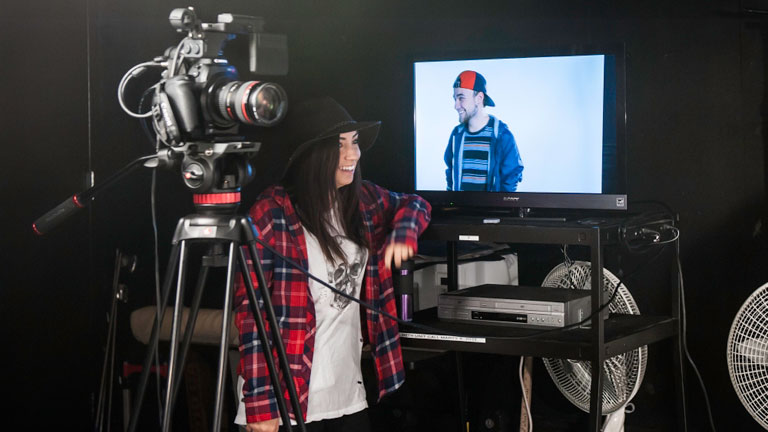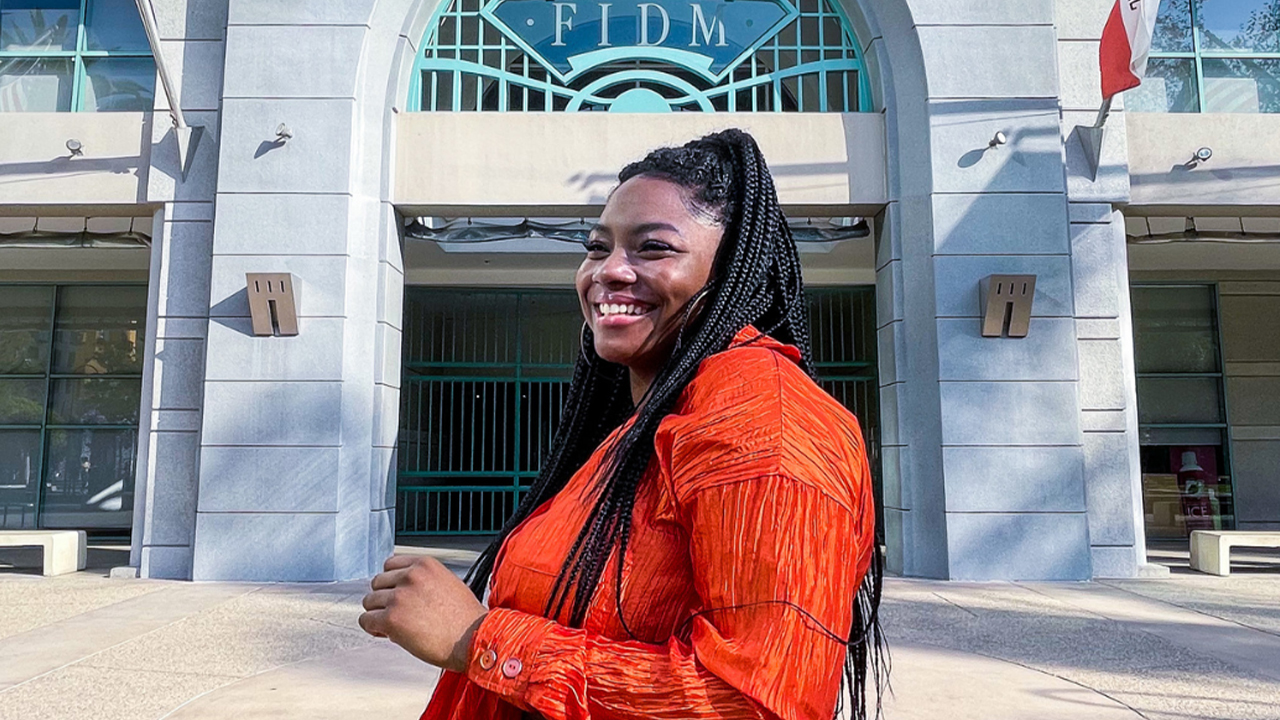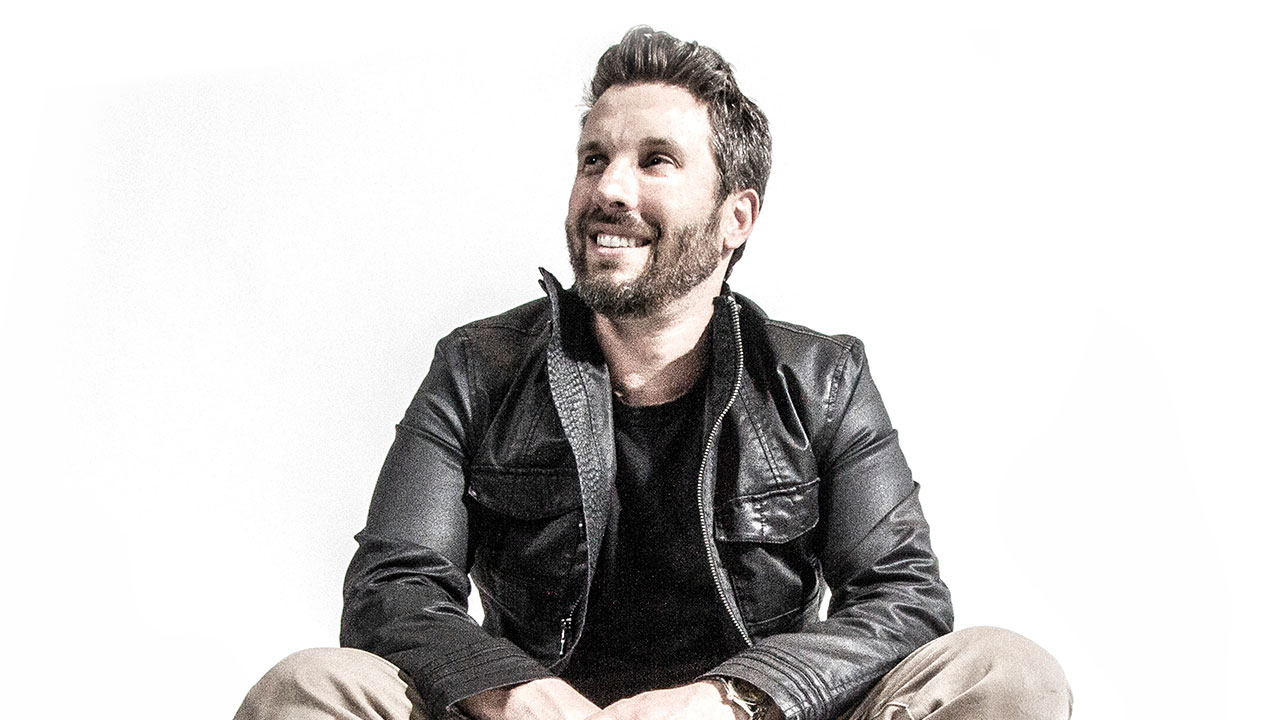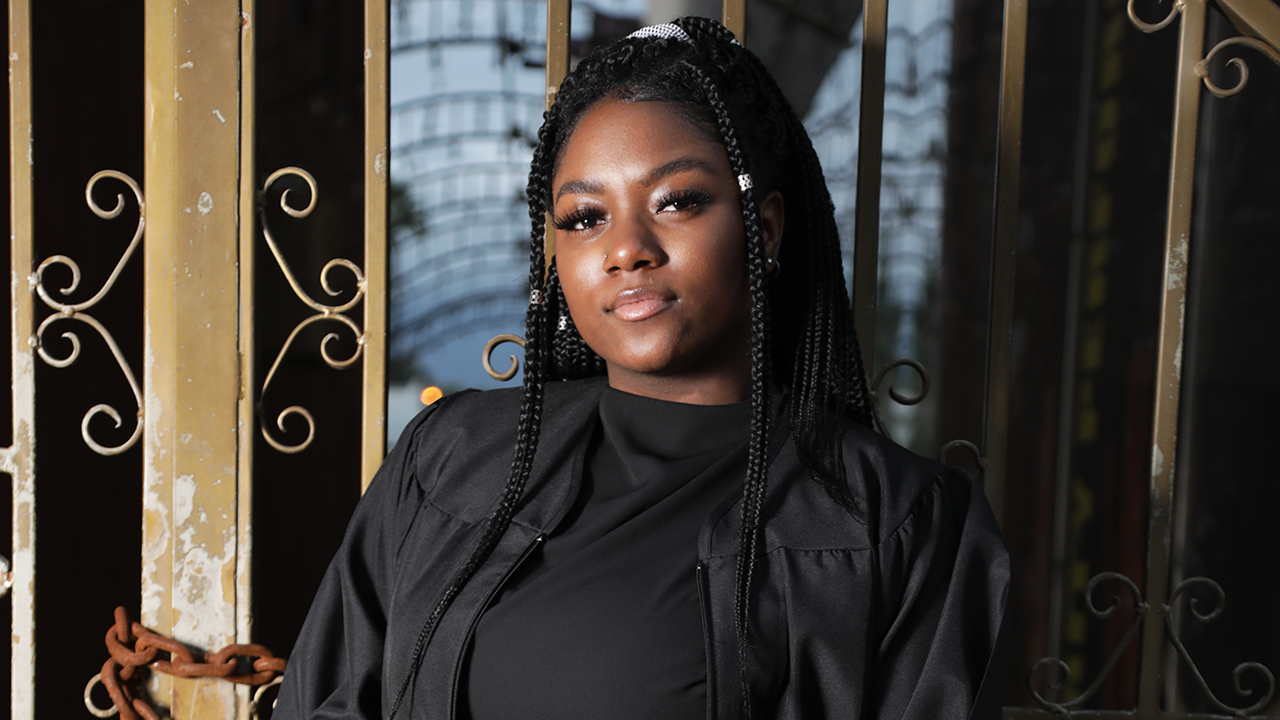
5 Top Traits Every Film Editor Should Possess
Opportunities for film careers are expected to grow over the coming years. Global box office revenue is projected to increase from $38 billion in 2016 to nearly $50 billion in 2020. While having more opportunities is good news for those who want to explore film study, it also means these careers will become even more popular -- and competition will become even more fierce.
For those who are serious about pursuing a career in the movies, television, or digital media, formal film study is a must. Here at FIDM, our digital media degree will provide you with hands-on experiences throughout the entire process: you'll learn video editing, production, filmmaking, lighting, and the business side of the industry. But if your main specialty is editing, you may be in for a pleasant surprise. The job outlook for these careers is particularly bright. In fact, from 2014 to 2024, the field is expected to grow by 11 percent, with mobile media and online-only video creating even more opportunities for employment.
But if you want to learn editing for video, film, or TV and have a successful career in the industry, there are certain traits you need to possess. Although natural talent and a good eye are important, they're not the only qualities that matter. Here are just five of the top traits that every film editor should have:
Patience
When you learn editing, one of the first things you'll discover is that it can be a tedious process. Although it's important to master your skills and accomplish your tasks quickly, there are many parts of the job that simply take a lot of time. Whether you're dealing with a difficult client or are simply waiting for your edits to finish rendering, the best editors know that patience isn't just a virtue, it's a must.
Stellar communication skills
To be an effective editor, you have to be a great collaborator. Because of your job responsibilities, you'll be expected to communicate with all different team members, from directors to actors to interns. Editors need to have strong communication skills to ensure that the project turns out correctly and that the process goes smoothly. One editorial choice can potentially make or break an entire scene, so it's important that every decision is made in a collaborative environment.
Ability to work under pressure
As a video editor, it's likely you'll often find yourself in a time crunch. Suffice it to say that video editing is not an ideal occupation for those who can't perform under the gun. Keeping your cool under tense conditions is an absolute must -- and it'll often make you an asset, as others will want to be around that calming energy.
Excellent time management
Successful editors cannot get bogged down due to one or two parts of a project. While going too fast can lead to editorial mistakes, it's important to keep a good pace and have a great understanding about how you do your best work. When it comes to editing, timing really is everything -- both in terms of the story you're telling and how quickly you get it done.
Emotional depth
Most people don't realize it, but in order to be an effective video editor, you have to have a great capacity for human emotion. Even if you don't consider yourself to be an emotional person, having an understanding of feelings and how we convey them is critical. After all, that's how stories are told. If you aren't moved by great storytelling or can't understand how emotions move a story forward, then you may want to choose a different career.
Want to learn editing through our Digital Media Program here at FIDM? We can help make your dream film career a reality. Find out more about our digital media degree programs or contact us today to get started.
Source:
http://www.statista.com/topics/964/film/
Categories: Digital Media




